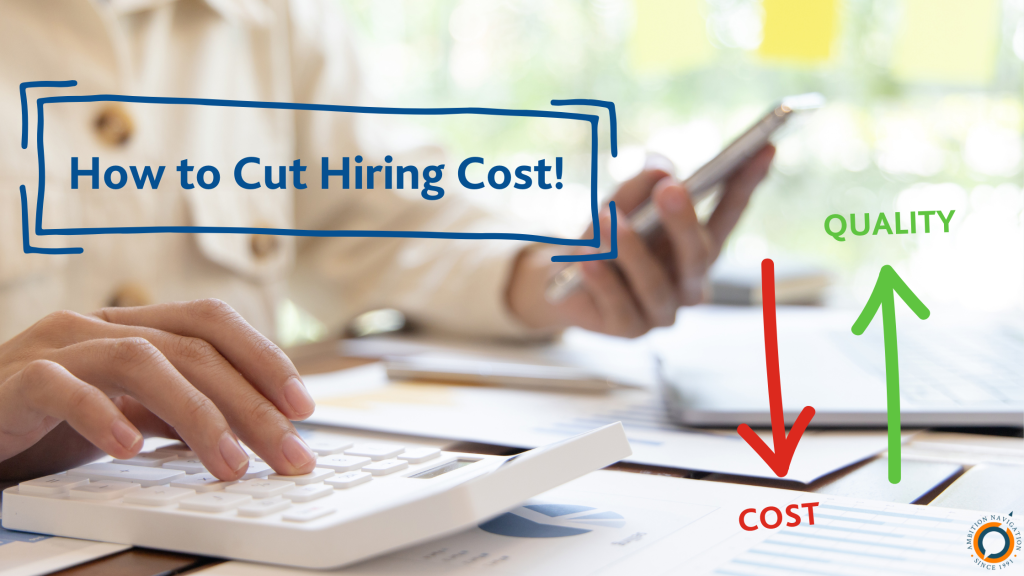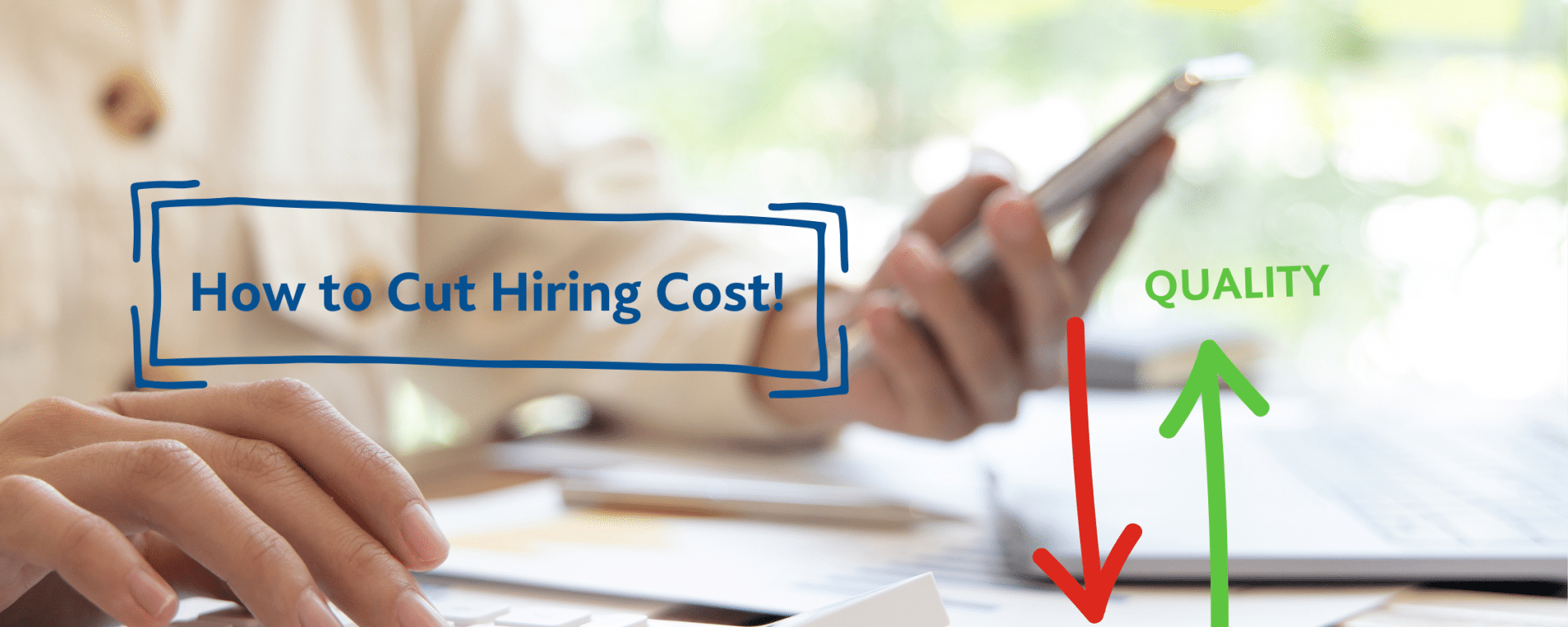Think Hiring In-House is Cheaper? The Numbers Say Otherwise

Onboarding new employees is often more expensive than companies anticipate. The hidden costs of recruitment from advertising and lost productivity to poor hires can add up quickly, draining valuable resources. Many businesses assume that managing staffing internally is the most cost-effective approach, but the reality is far more complex. The time, effort, and financial investment required to secure the right candidate can impact overall business performance.
Beyond the obvious expenses of job ads and salaries, there are indirect costs like lost productivity, increased workload on existing employees, and the risk of making a bad hire. The longer a position remains vacant, the greater the disruption to operations and revenue. This is why many forward-thinking companies turn to recruitment agencies, which not only streamline the process but also provide access to high-quality candidates more efficiently.
The Hidden Costs of In-House Recruiting
Let’s break it down with numbers. Suppose your HR manager earns an average of £45,000 per year. If they spend two months handling a talent acquisition campaign instead of their core responsibilities, that’s £7,500 worth of time spent on hiring alone.
Additional costs include:
- Job advertisements: A premium job ad on LinkedIn costs around £285 per post, while Indeed charges up to £500 per month for a sponsored listing.
- Time-to-hire delays: The average cost of an unfilled position is approximately £500 per day in lost productivity.
- Bad hires: A poor hiring decision can cost up to three times more than the salary paid according to HR Magazine.
How Recruiting Costs Have Evolved Over Time
The field has changed dramatically. In the past, a single job advert in a national newspaper could cost upwards of £3,000 with no guarantee of success. Today, online job boards such as Indeed and LinkedIn dominate the hiring landscape. However, due to intense competition, companies must invest significantly in advertising and employer branding to differentiate themselves. While this investment may lead to a flood of CVs, there is no guarantee that the right candidate will be found. If poor hiring decisions come from the recruitment partner, companies often receive rebates, there is no rebate for a costly direct hire. Additionally, if your team or HR manager lacks the time to respond to all applications, it could damage the company’s reputation.
In contrast, outsourced agencies have access to AI-driven sourcing tools and vast talent databases, significantly reducing the time and expense involved in finding the right candidates.
The Smart Investment: Why Recruitment Agencies Make Financial Sense

- Faster Time-to-Hire: Agencies reduce the process timelines by 30-50%, ensuring positions are filled quickly.
(Read more: Half (50%) of all UK professionals have declined a job offer because the hiring process was too long.)
- Expertise in Hiring: Recruiters specialise in sourcing, vetting, and negotiating, leading to better quality hires.
- Reduced Advertising Costs: Agencies use their networks, saving companies thousands in job posting fees.
- Lower Risk of Bad Hires: Well-matched candidates mean better retention and productivity.
- Scalability & Flexibility: Whether hiring one role or an entire team, agencies adjust to your needs seamlessly.
Final Thoughts
Managing to hire internally may seem like a cost-saving strategy, but once hidden expenses are factored in, it often proves more expensive. Working with a recruitment agency ensures efficient hiring, financial impact, and better candidate quality.
Whether you would like to share your story and journey or looking to optimise your hiring process, contact ABL Recruitment today and let’s take the hassle out of recruitment!









